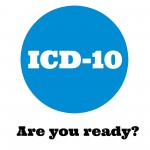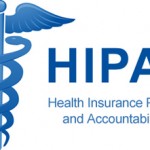
Pediatric HCAHPS Model, First of Its Kind
As payment continues to become more closely linked with patient experience and patient reported outcomes, the information gleaned from assessments such as the Hospital Consumer Assessment of Healthcare Providers and Systems (HCAHPS) will be a major area of focus for hospitals and providers in 2015. One area that has not previously been included within the HCAHPS, or any federal or statewide assessments, is the perspective of parents of pediatric patients.









